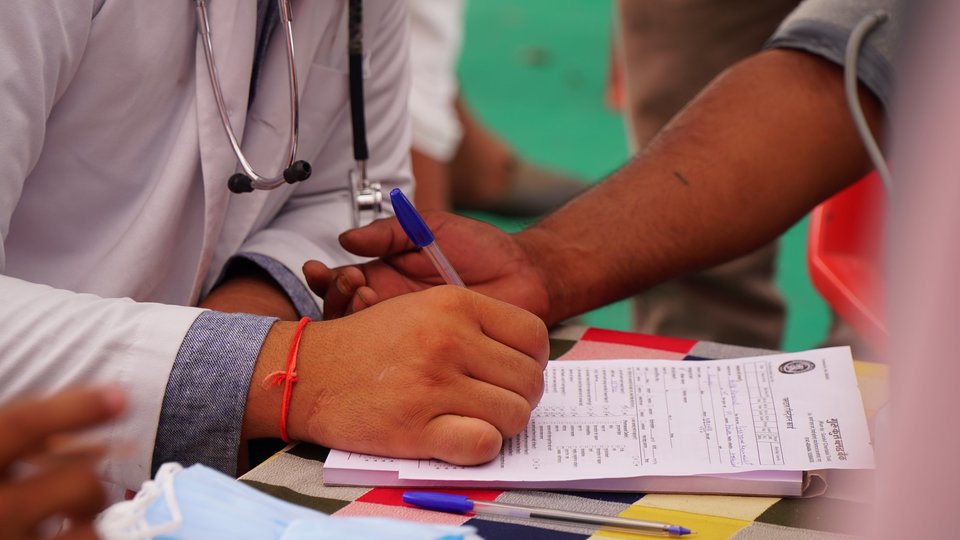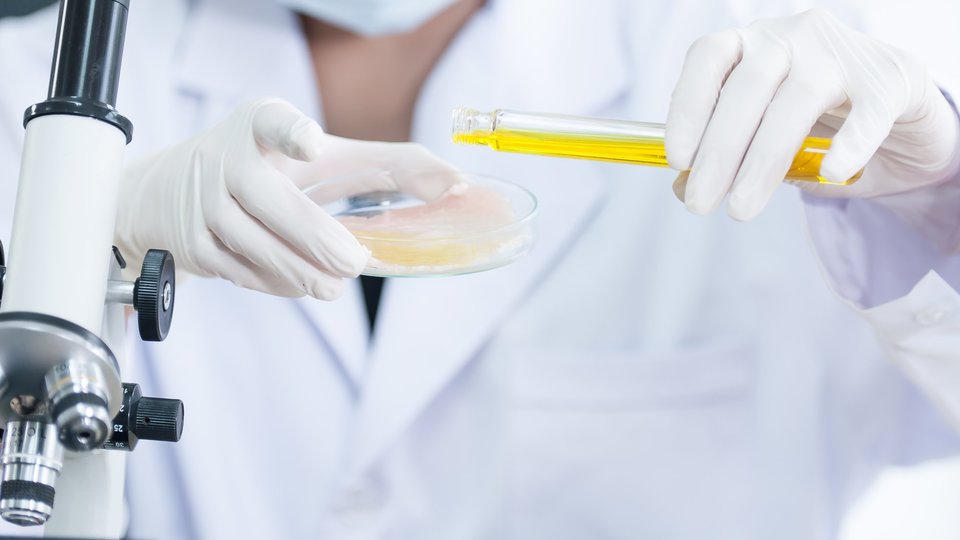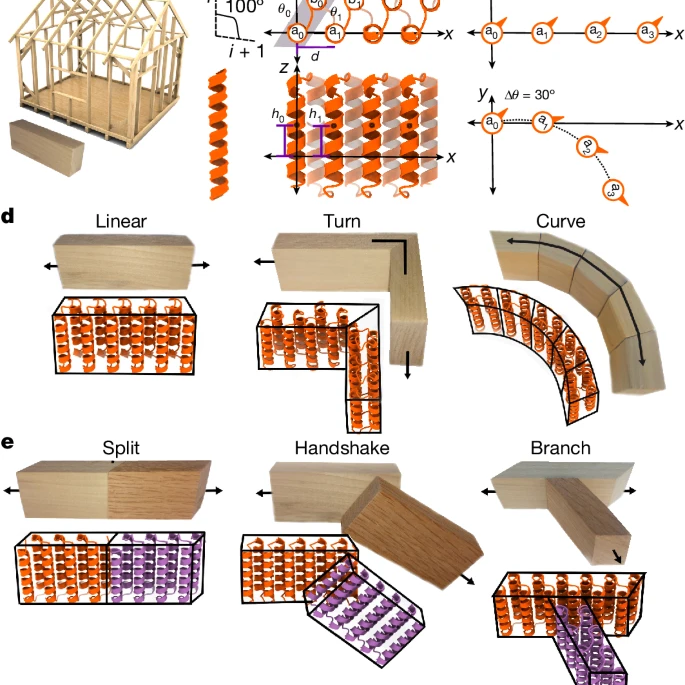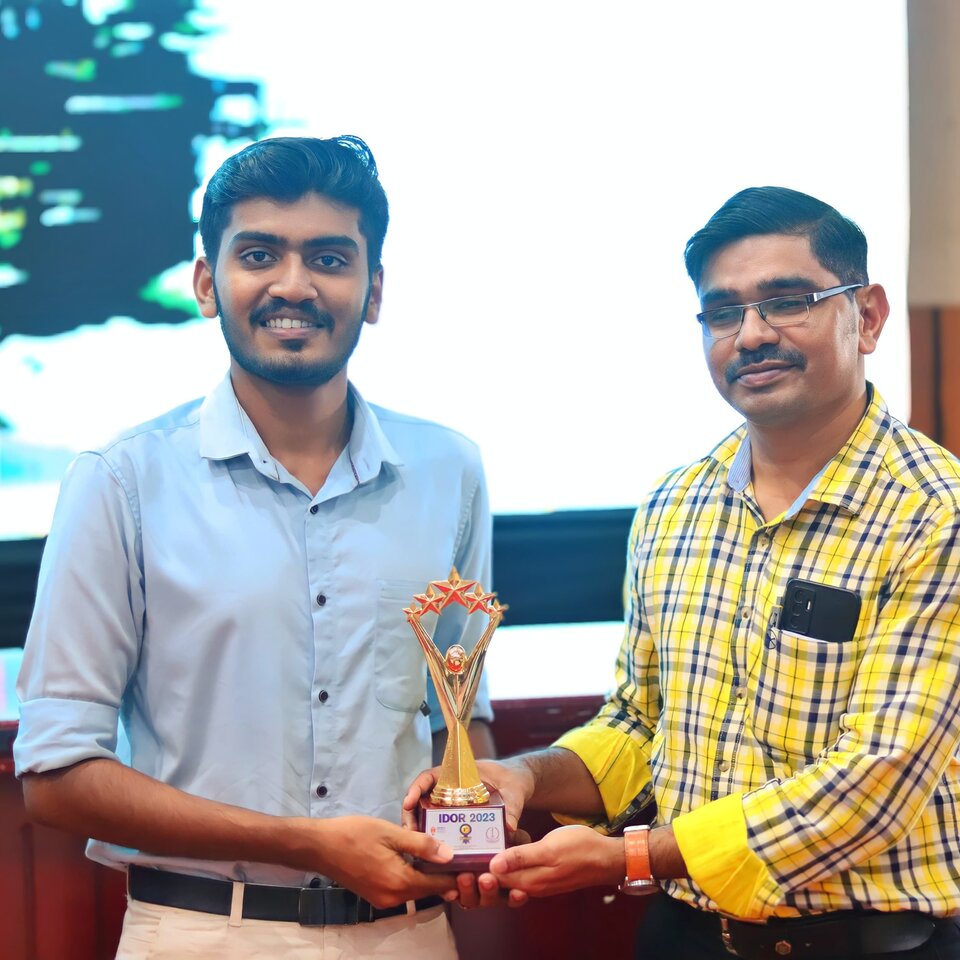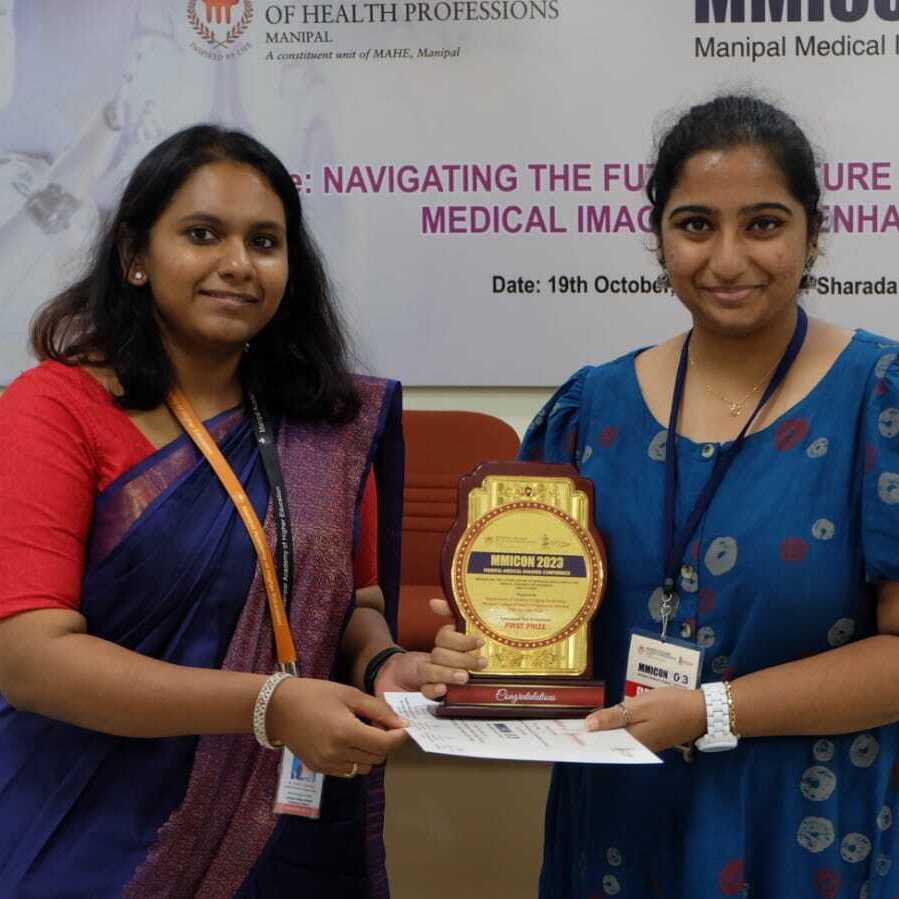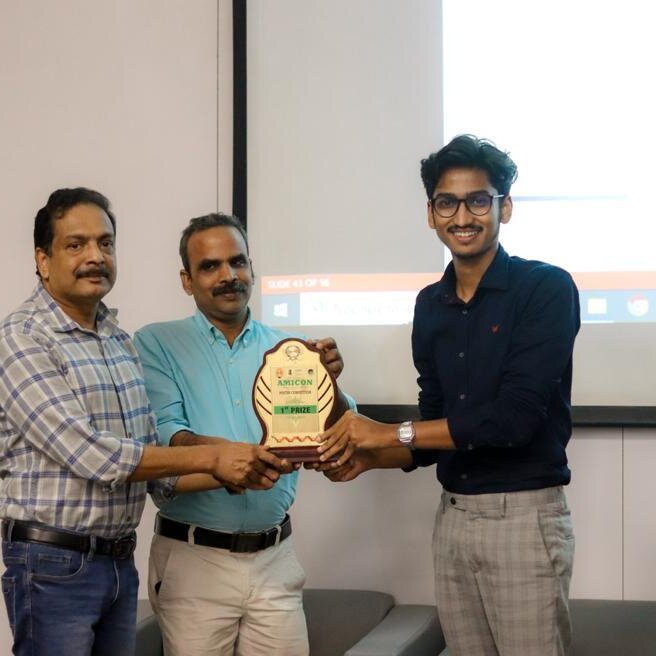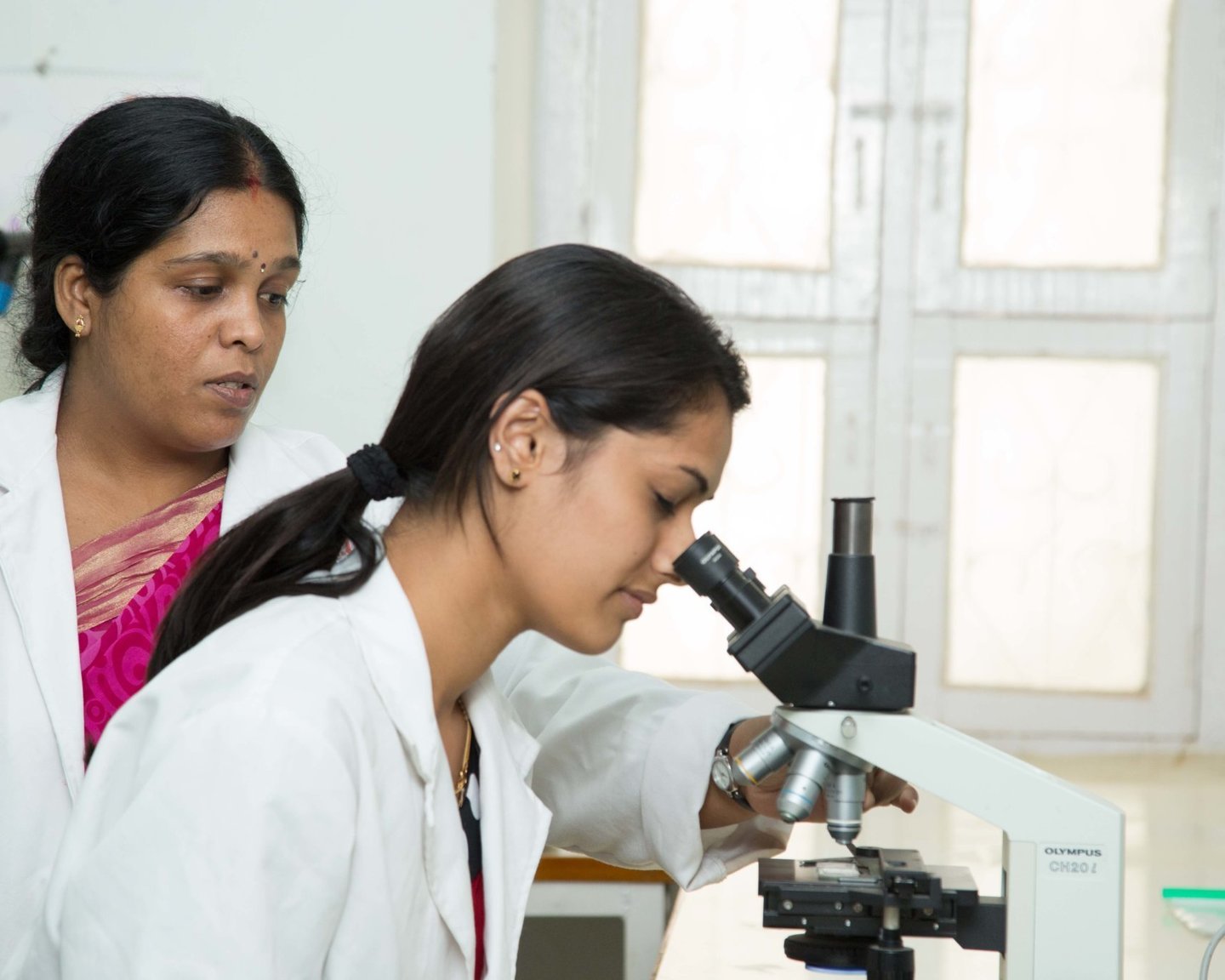
Research at FLAHS
Research is an unending quest to understand, rediscover, and improve current realities.
Research is an unending quest to understand, rediscover, and improve current realities.
At FLAHS, research is not just a scholarly activity with societal implications; it is an attitude and a mindset that is inculcated in every member of the Faculty. Students, in particular, are encouraged to view research as a technical skill as well as a way of thinking and working that is essential to their profession.
The Faculty of Life and Allied Health Sciences is at the forefront of cutting-edge research into a wide range of Life and Allied Health disciplines. The goal is to leverage our growing understanding of different fields of study for the betterment of mankind.
Research in the specialized disciplines of Biotechnology, Molecular Biology, Food Sciences and Technology, Public Health, and Health Administration can hold the key to some of the most pressing issues of our time. From communicable diseases to non-communicable and chronic diseases, the resolution of many current health challenges lies in collaboration and integration of laboratories, hospitals, and communities.
FLAHS’s access to a super-speciality tertiary hospital within campus offers it a unique advantage to practice interdisciplinary research and observe its impact. While the basic science and clinical sciences division works closely with patients and families, the public health division interfaces with government and civil society organisations to translate research findings into implementable, impact-driven programs and policies.
We undertake academic as well as sponsored research activities, and collaborate with the government, academia and industry.
Biotechnology and Molecular Biology
Biotechnology applies the learnings of biological sciences to modify and improve the human body to fit a changing world. At FLAHS, our core interests revolve around molecular biology, biochemical pathways, cellular mechanisms, microbiology, immunology, genetic engineering and rDNA technology, mechanisms in tissues, and model systems in in vitro and in vivo conditions.
At present, our research projects include:
- Immunology: Development and characterization of a novel recombinant antibody based therapeutics
- Cancer Biology: Use of Phyto-therapeutic for Amelioration of cancer.
- Microbiology-Antibiotics resistance: Causative reason and therefore treatment for common antibiotic resistant microbial diseases.
- Cell death mechanism: Deciphering the probable cell death mechanism and appropriate amelioration in apoptosis resistant cancer cells.
- Proteomics: Deciphering the possible methods of interaction and thereby treatment of Viral Diseases.
Food Sciences and Technology
Research at the Department of Food Technology revolves around the selection, preservation, processing, packaging, distribution, and nutrition retention of food resources. It also involves the exploration of new processes designed to reinvent and increase them. Our core interests are in the areas of food engineering and technology, food microbiology and quality analysis, food chemistry, novel product development, and nutrition sciences.
Our research projects include:
- Development of novel food and agriculture processing technologies
- Fermented food products and beverages
- Pharmacological role of nutraceutical
- Value addition and nutrient enrichment
- Processing solutions for perishable foods
- Formulating baked products using low sugar/sugar replacers.
Public Health and Policy
Research in the division of public health is aligned to national and international health priorities. It is collaborative and implementation-oriented in nature.
Some of the pressing questions we are looking to find answers to are: What does it take to achieve sustainable development goals for health, nutrition and other development areas? How can we achieve the convergence of sustainable goals for communities? How can we improve coverage and quality of care as well as enhance quality of life? How do we measure and replicate change?
Currently, our efforts are focussed on the COVID19 challenge. We are working to synthesize evidence and translate knowledge from a multidisciplinary perspective, keeping in mind the requirements of academia and science, as well as policy makers and programmers.
We are also forging partnerships to undertake studies related to quality of life, lifestyle modification, integrative medicine, etc.
Allied Health Sciences
At the Department of Allied Health Sciences, research is transdisciplinary in nature, bringing together clinicians, engineers and allied health professionals. Efforts are also made to train young minds in applying their skills and knowledge in various sectors of health care, community-based research, and industrial research.
At present, the Department’s proposed research themes are:
- Infectious Disease Diagnostics
- Pathophysiology of infection
- Disorders of sex development
- Plastination
- Internet addiction



